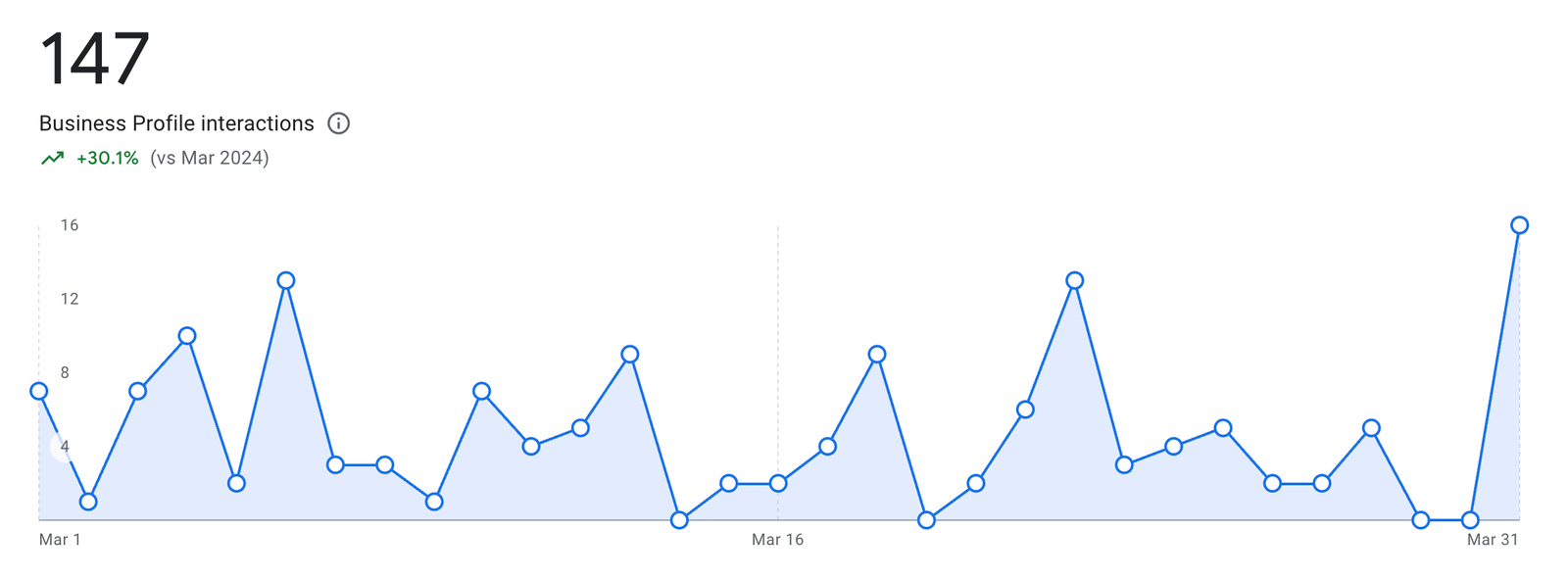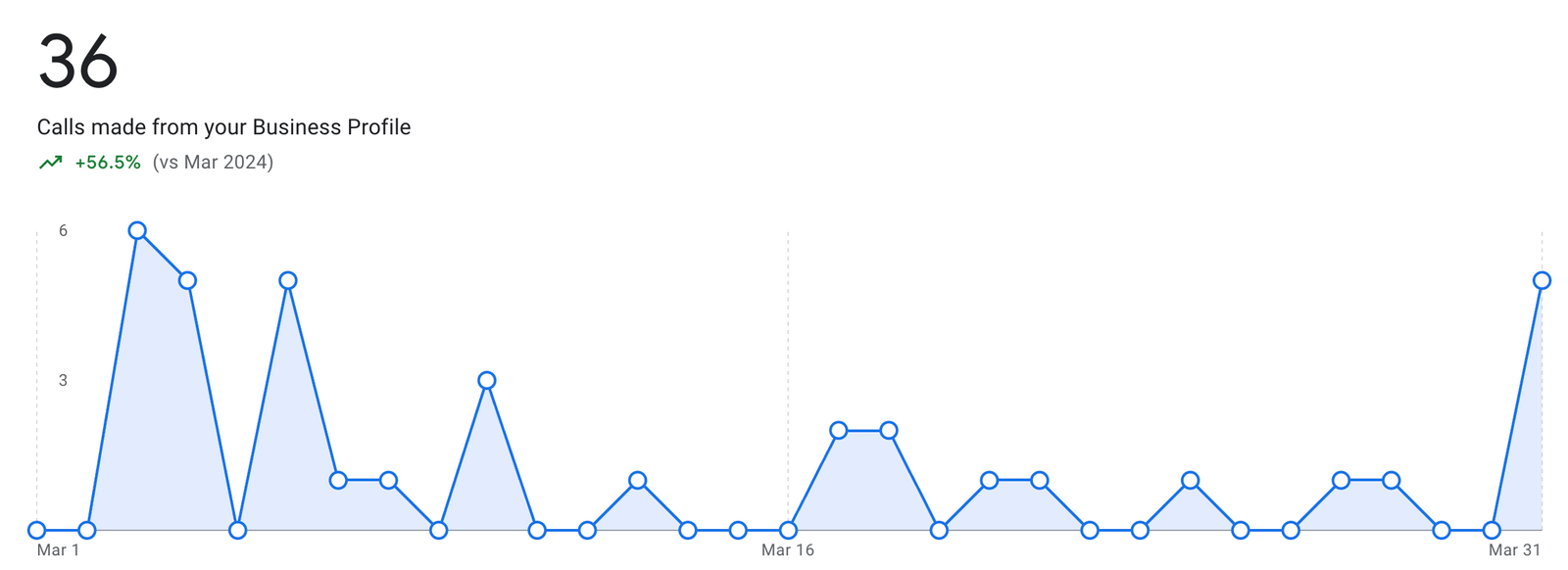Search is changing, and not at a leisurely pace. Generative AI is reshaping how people find, evaluate, and act on information. For those responsible for organic search performance, the terrain has become more complex and nuanced, especially when location signals matter. Structured data, once a technical afterthought, is now central to the interplay between geo-targeted content and generative search optimization techniques. In this article, I’ll break down where structured data fits in this new dynamic, how it interacts with both traditional and generative search engines, and plenty of lived experience about what actually moves the needle.
The Shifting Landscape: Generative AI, Search, and Local Relevance
For years, search engine optimization wrangled with the realities of location: country-level, city-level, or even hyperlocal results. Tactics evolved from keyword stuffing city names to complex seo boston SEO Company Boston schema markups, local citations, and map pack strategies. Then generative AI entered the arena.
Google’s AI Overviews and tools like ChatGPT’s browsing capability don’t just regurgitate snippets. They synthesize, contextualize, and sometimes even opine, drawing from both structured and unstructured data. For geo-focused businesses - think restaurants, law firms, service providers - this rewiring of search puts a premium on clarity and context. The difference between ranking in ChatGPT versus the classic Google 10-blue-links model lies in how well your data can be recognized, trusted, and woven into generative summaries.
Structured Data: The Foundation for Machine Understanding
Structured data isn’t a shortcut. It’s scaffolding that lets machines reliably interpret (not merely crawl) the who, what, where, and why of your business or content. Schema.org markups like LocalBusiness, Place, or Event have become standard, but their practical impact is still widely misunderstood.
When I’ve worked with a generative AI search engine optimization agency, the team’s first move is almost always a structured data audit. Not just checking for presence, but evaluating completeness, accuracy, and alignment with real-world business operations. For example, a dentist with multiple locations needs distinct schema entries for each practice, not a generic catch-all. This granular structure lets generative search models accurately represent the business in local queries.

It’s not enough to just mark up business name and address. Attributes like opening hours, payment methods, accepted insurances, or even wheelchair accessibility often tip the scale for both users and search models. Sites competing for “best vegan brunch in Portland” need to make dietary options and menu details machine-readable, not buried in images or PDFs.
Why Structured Data Matters More in the GenAI Era
Generative models ingest billions of data points. They seek coherence and confidence: is this business real? Are these hours current? Does the location serve the query’s intent? Structured data, especially when paired with other trust signals, acts as an anchor in this ocean of uncertainty.
Let’s look at a concrete scenario. A local HVAC company in Miami wants to show up in Google’s AI Overview for “emergency AC repair near me.” If their site embeds LocalBusiness schema with accurate geo-coordinates, reviews, service area polygons, and links to authoritative third-party citations (like BBB or Yelp), the odds improve significantly. In my experience, businesses that neglect this level of detail frequently see inconsistent or downright incorrect AI-generated summaries.
There’s another edge: structured data allows for rapid updates. A multi-location retailer hit by a sudden weather event can programmatically update open/closed status across hundreds of locations, ensuring generative search tools don’t misinform users.
Generative Search Optimization User Experience
User experience in generative search is less about clicks and more about satisfaction. Did the answer help? Was it current, credible, and location-relevant? Schema markup plays a role here by feeding models what they crave: up-to-date, unambiguous details.
I’ve tested query after query in both ChatGPT browsing mode and Google AI Overview. Businesses with robust structured data consistently surface with richer, more accurate information - not just addresses but amenities, reviews, and unique selling points. This is especially evident in sectors like hospitality or healthcare where specificity (pet-friendly rooms, same-day appointments) drives user choice.
Generative search optimization techniques now blend technical implementation with narrative finesse. Schema can highlight awards (“Best Pediatric Dentist 2023”), sustainability practices, or multilingual staff - all elements likely to be synthesized into generative answers if marked up correctly.
Geo vs. SEO: A False Dichotomy
Many marketers treat “geo” as a bolt-on to general SEO. In reality, the two are inseparable in generative environments. Traditional SEO focuses on content depth, backlinks, and keyword targeting. Geo-focused SEO layers on NAP consistency (name, address, phone), location pages, and map optimization.
In a generative context, these elements must coalesce. A website might rank for “family lawyer Chicago” if it has strong backlinks, but without precise LocalBusiness schema and corroborating external signals (Google Business Profile, local directories), generative models may either omit it from overviews or hallucinate details.
I once worked with a client in the medical spa space who had invested heavily in city-optimized landing pages but neglected structured data. When Google rolled out SGE (Search Generative Experience) in select metros, their visibility dropped sharply. Adding comprehensive Place and Service schema - linked to verified business profiles - restored their presence in generative summaries within weeks.
Tactics That Actually Work: From Audit to Implementation
The gap between theory and practice is wide. Not all schema markups are created equal, nor are all implementation approaches. Based on years of hands-on optimization for local and multi-location brands, I’ve seen what survives algorithm updates and what gets quietly ignored.
The first step is always a structured data audit:
Inventory all location-related pages and elements. Validate existing schema using tools like Google’s Rich Results Test. Check for consistency across website, Google Business Profile, and major directories. Identify missing or outdated attributes (hours, services, contact methods). Document all findings before making changes.From there, implementation should be programmatic when possible. Hand-coded schema works for small sites but can introduce errors at scale. For franchises or chains, leverage CMS plugins or custom scripts that pull from a central business database.
Edge cases arise frequently. One client operated seasonal pop-up locations. We marked these as TemporaryLocalBusiness in the schema and set explicit opening/closing dates. This let generative systems accurately reflect availability during specific months.
Ranking in ChatGPT and Google AI Overview: What’s Different?
Ranking in ChatGPT doesn’t follow traditional blue-link logic. ChatGPT extracts facts from visible web content and trusted sources, then weaves them into answers. Without structured data, facts can be missed or misrepresented. I’ve seen ChatGPT hallucinate business hours when none were clear on a site.
Google AI Overview leans more heavily on structured data and corroborated sources. For example, if your business hours are marked up using schema.org and match your Google Business Profile, AI Overviews will almost always reflect them accurately. Discrepancies between structured site data and external listings lead to confusion - sometimes even exclusion from summaries.
There’s also a growing importance of “entity-based” optimization. Schema can define relationships: parent/child locations, practitioner profiles tied to facilities, or event calendars mapped to venues. I’ve found that businesses leveraging these relationships in their structured data see richer generative outputs.
Beyond Basics: Advanced Structured Data for Geo GenAI Optimization
For those chasing the front of the pack, basic LocalBusiness or Place schema isn’t enough. Savvy generative AI search engine optimization agencies now employ advanced tactics:


- ServiceArea schema allows you to define delivery zones or service radii - crucial for mobile businesses or regional providers. Review schema lets you mark up testimonials tied to specific staff or locations. FAQPage and HowTo schemas can surface concise answers in both generative and featured snippet contexts. Product schema tied to local inventory feeds helps retailers appear in “near me” shopping queries. Event schema mapped to physical locations lets venues stand out for time-sensitive searches.
These advanced markups create a web of machine-readable context that generative models can tap when crafting location-rich answers.
Trade-offs and Pitfalls: What to Watch Out For
Not every schema implementation yields instant results. Over-marking (adding irrelevant or excessive schema types) can dilute signal strength. I’ve seen sites penalized for marking up non-existent services or using fake review schema.
Another edge case involves multi-lingual or multi-region businesses. Structured data must mirror the local language and context; otherwise, generative systems may misunderstand the offering or misplace the business geographically.
Finally, schema maintenance is ongoing work. Outdated attributes (holiday hours from last year, closed locations still marked as open) erode trust signals with both users and machines.
Measuring Impact: From Rich Results to Conversion
Assessing ROI from structured data takes patience. In my experience, early wins appear as improved accuracy in generative summaries and richer snippets - think star ratings next to your business name or booking options displayed inline.
For a regional chain I worked with last year, adding comprehensive Place and Service schema increased map pack visibility by 15% in high-competition metros. More tellingly, call tracking showed a 12% lift in location-based inquiries from users who had not previously visited the site - evidence that generative search summaries were driving action.
Keep an eye not only on rankings but on downstream metrics: click-through rates from generative results, conversion rates from location pages, and review volume consistency across platforms.
Practical Tips for GenAI Search Optimization Success
The following checklist distills what I’ve found most effective for geo-focused businesses optimizing for generative search:
Ensure every distinct location has its own dedicated page and complete schema markup. Keep all structured data fields current by syncing directly with back-end business systems. Use ServiceArea schema to specify zones when your business model isn’t tied to one address. Monitor Google Search Console for rich result errors and address them promptly. Regularly audit external listings (Google Business Profile, Yelp) for consistency with your schema data.Stay nimble: as Google and OpenAI iterate on their models, new schema types and entity relationships will emerge as ranking factors.
The Road Ahead: Structured Data as Strategic Asset
Structured data sits at the intersection of technology and storytelling. It’s a discipline that rewards rigor but also creativity—using machine-readable code to surface what makes a business unique in its place and its promise.
For those willing to invest in both foundational accuracy and advanced markups, structured data becomes a strategic lever. It bridges the gap between geo-focused intent and generative relevance. Whether you’re working with a generative AI search engine optimization agency or building capability in-house, prioritize clarity, completeness, and authenticity in your structured data implementations. The payoff isn’t just better rankings; it’s persistent visibility in a world where search experiences are increasingly shaped by machines trying to think like humans.
SEO Company Boston 24 School Street, Boston, MA 02108 +1 (413) 271-5058